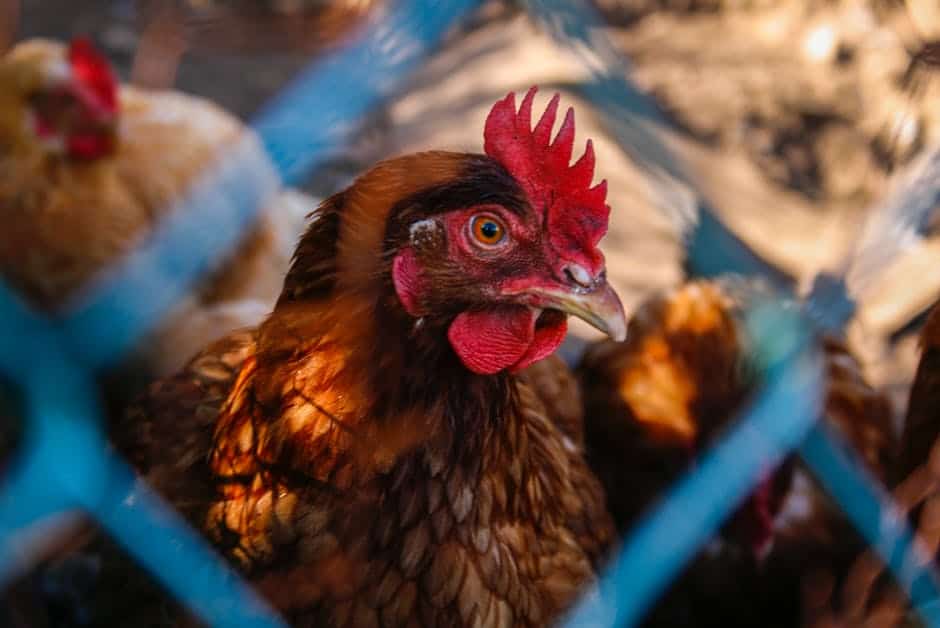Canadians Demand Policies to Curb Animal Abuse in Food Supply Chains
Published July 23, 2017 at 7:53 pm

It took an investigation exposing sadistic animal abuse at more than a dozen Lilydale chicken supplier farms for a poll to reveal that the majority of Canadians want food companies to commit to greatly reducing the suffering of chickens in their supply chains, even if it results in higher prices.
Horrific acts of animal abuse were happening at Lilydale, according to the organization Mercy for Animals.
An undercover investigation at the supplier farms revealed that workers were ripping chickens’ legs off, hitting and kicking chickens, and performing crude sex acts with the birds.
A poll was conducted shortly after by NRG Research Group showing that nine out of ten Canadians want food companies to reduce not just that extent of abuse, but to reduce any suffering of chickens in their supply chains.
The poll surveyed 500 Canadian consumers from June 15-20, 2017 on improving a broiler chicken’s life, from genetic selection to slaughter.
A few key findings were as follows:
-
90 per cent of Canadians oppose chickens bred to grow so fast they often become crippled under their own weight and support switching to breeds with higher welfare outcomes
-
88 per cent support ending live-shackle slaughter (shackling, shocking, and slitting the throats of conscious animals) in favor of less cruel systems
-
88 per cent oppose extreme crowding wherein each chicken is provided with less than a square foot of floor space
-
86 per cent support banning these conditions even if per-pound cost of chicken meat increases
Canadians are also advocating for keeping chicken litter clean as it otherwise causes eye sores, flesh burns, and respiratory distress, providing straw bales and pecking objects, so chickens can engage in natural behaviors, improving lighting standards, including at least six hours of darkness each day to avoid further accelerating the chickens’ growth, and implementing third-party auditing programs to ensure there are no violations.
Though some companies, such as Burger King Tim Hortons, and Boston Pizza, have adopted welfare standards, the largest restaurant conglomerate in Canada has not.
“Chickens are the most abused animals on the planet,” said Krista Hiddema, vice president of Mercy For Animals in Canada. “It’s time for Bill Gregson, president and CEO of Cara Foods, to take action to prevent the worst forms of animal abuse in Cara’s supply chain. The longer Cara Foods waits, the more the company sets itself apart as out of touch with consumer expectations and the latest science on animal welfare.”
Cara Foods operates brands like Harvey’s, Milestones, and Kelsey’s.
The extent to which these demands are applied to the welfare of chickens in food supply chains remains to be seen – or uncovered in another investigation.
insauga's Editorial Standards and Policies advertising





